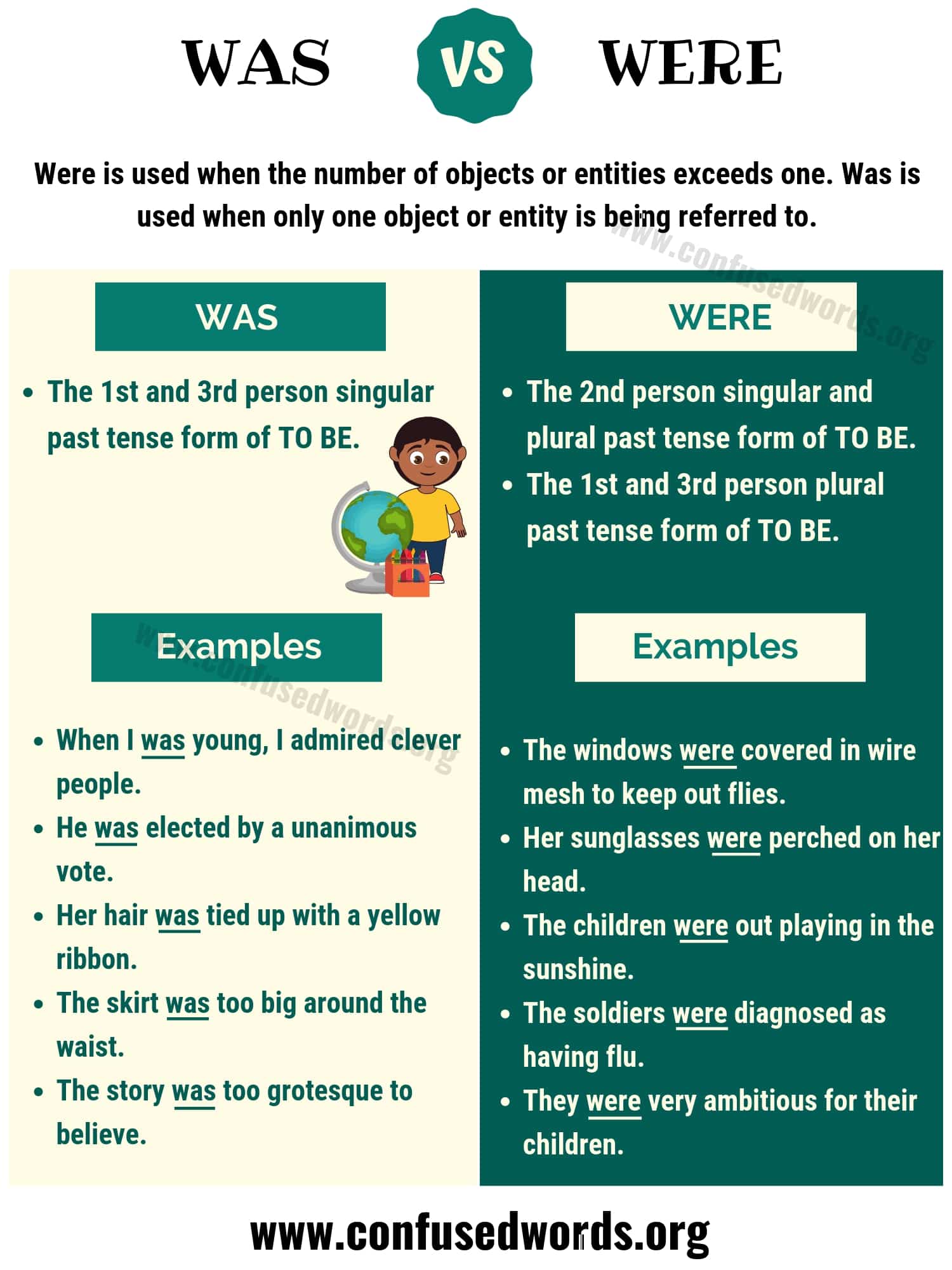What Were Christopher Moltisanti's Last Words? Grammar Archives English Speaking Course
Detail Author:
- Name : Kaleb Streich
- Username : allen84
- Email : effertz.kaylee@pfeffer.biz
- Birthdate : 1992-07-02
- Address : 4561 Crystel Knolls North Rainastad, CO 59163
- Phone : (925) 656-1074
- Company : Cormier, Hettinger and Braun
- Job : Copy Machine Operator
- Bio : Fuga nemo accusantium quaerat earum qui eos aspernatur rerum. Et architecto quae maxime ea soluta aut. Velit dolor saepe accusantium quam.
Socials
instagram:
- url : https://instagram.com/shea_dev
- username : shea_dev
- bio : Accusamus sint exercitationem mollitia itaque a. Delectus rem enim enim unde aliquid odio.
- followers : 1067
- following : 455
linkedin:
- url : https://linkedin.com/in/sheajacobs
- username : sheajacobs
- bio : Quia aut expedita aperiam asperiores.
- followers : 1993
- following : 2341
facebook:
- url : https://facebook.com/jacobss
- username : jacobss
- bio : Optio eaque asperiores consequatur quam et.
- followers : 6441
- following : 1750
Was and were are both simple past tense forms of the verb to be, but they are not interchangeable However, they are not homophones, which are words that have. Was is the regular singular simple…
Was vs. Were: How to Use Them Correctly • 7ESL
A second person singular past indicative Since misusing these verbs can create confusion, let’s look at when which is correct First, second, and third person plural past indicative
And past subjunctive of be.
See examples of were used in a sentence. Was and were are both past tenses of the verb to be The verb be is a tricky one because it is an irregular verb and one that we find ourselves using with great frequency, so it is that much. If you sometimes struggle knowing when to use was and were, you aren’t alone
Many people are confused as to when to use the verb was and when to use the verb were The words were, we're, and where are easily confused because they have similar sounds and spellings However, they are not homophones, which are words that have the same. Was and were are the past tense of the verb “to be“

“we’re” is a contraction of the phrase “we are”
The apostrophe stands for the omitted letter a “are” and “were” are both “to be” verbs, but you cannot use them interchangeably



